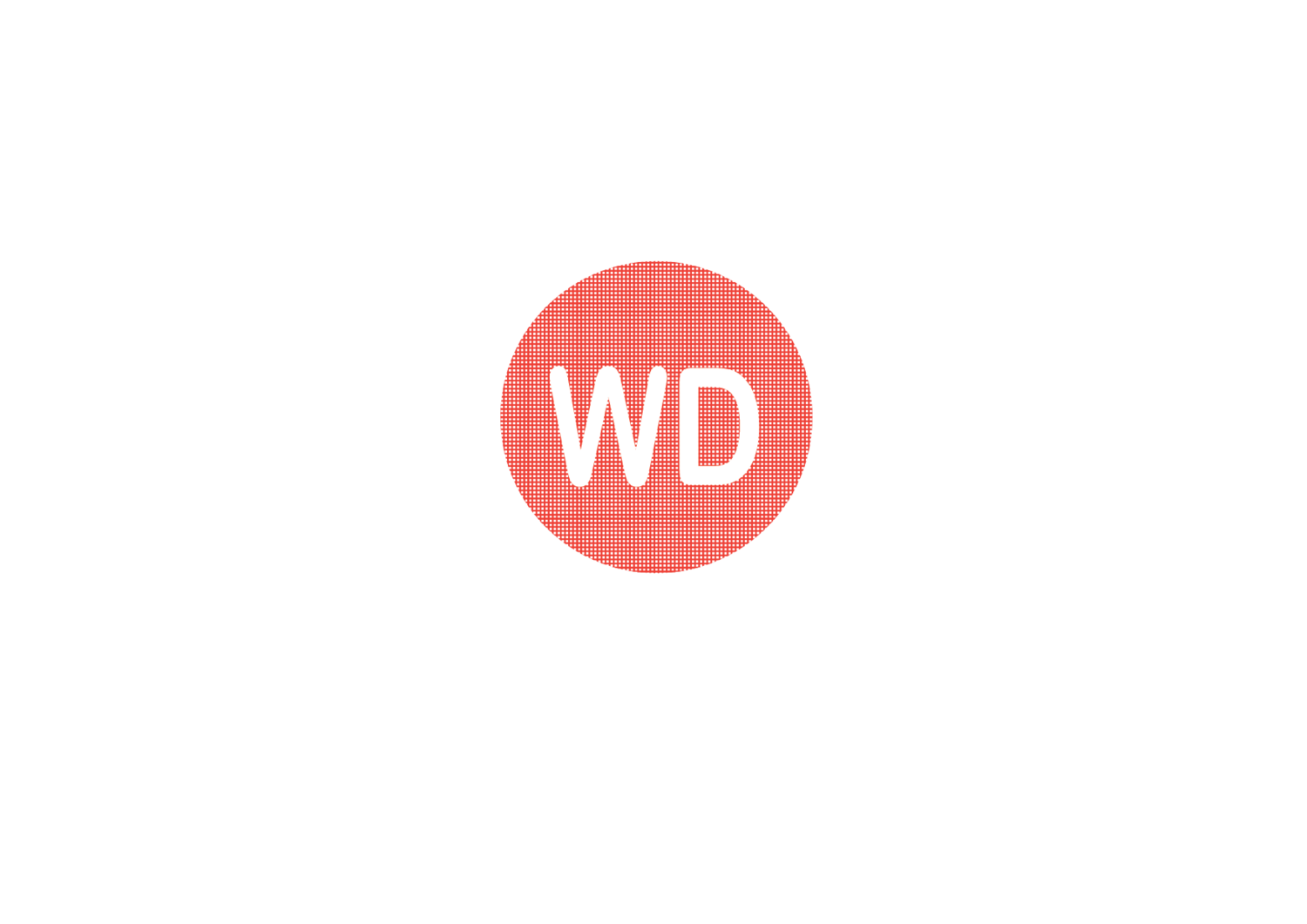Our Mission
Weaving dream envisions a day when every child has access to equal opportunity education, and the rights to a childhood. By creating an environment that demands these things, human rights will be essential and intrinsic, first in the rug industry and then in other industries where at risk children exist due to poor economic circumstances.
" If the producers are forced into making changes to importers requirements such as certifications to sell carpets that are free of child-labour then it inhibits actual positive organic change within industry. The producers must see the benefits for themselves and then make positive changes voluntarily from inside the industry. This in turn will create a catalyst in the market, leading to positive changes made within the industry thereby eliminating the use of child labor and promoting fair treatment to workers.
— Samten Dorje, Director
The carpet industry still remains an important source of livelihood for thousands of people in Nepal. In economically disadvantaged, often rural areas, carpet weaving is one of the few ways to earn a living, especially for women. Many weavers come from poor socially economic classes with limited access to education. Carpet production remains as an informal industry.
Weaving primarily takes place in small workshops and factories. Written employment contracts, social security and labor legislation rarely exist. Supply chains for the producers are complex with many intricacies which include subcontractors and numerous middlemen that employ weavers.
Although, the carpet industry has taken many strives in making changes to combat child labor through certification standards. Weaving Dreams aims to address the root causes of child labor by not only providing educational opportunities to at risk children but by also promoting other fundamental human rights in the work place thereby creating a positive impact on the weaver’s working condition and the carpet industry as a whole.

